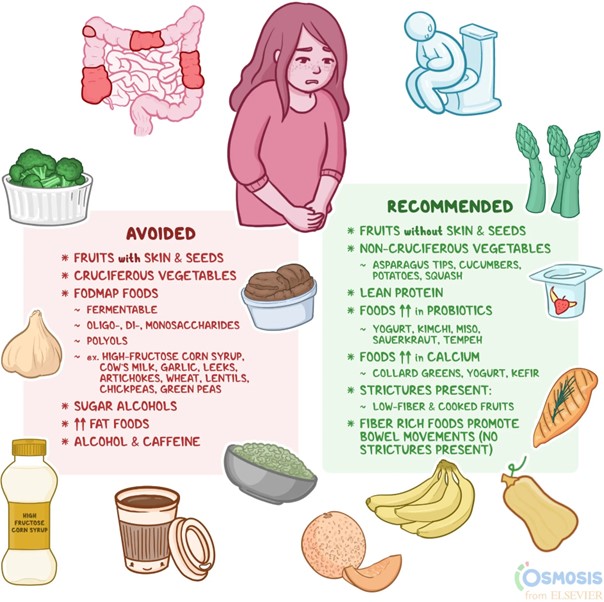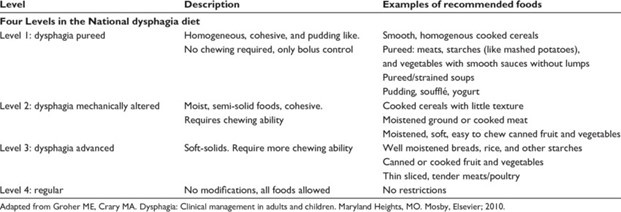A nurse is teaching about denture care to the partner of a client who is unable to perform oral hygiene. Which of the following should the nurse include in the teaching?
Wrap gloved fingers with gauze to remove dentures.
Wipe dentures before storing them in a dry container at night.
Use a washcloth to clean the denture surfaces.
Floss dentures as part of daily cleaning.
The Correct Answer is B
Wipe dentures before storing them in a dry container at night: This is a correct instruction. Before storing dentures overnight, it is important to remove debris and rinse them with water. Wiping the dentures helps to remove any remaining residue or particles and keeps them relatively clean until the next use. Storing dentures in a dry container helps prevent the growth of microorganisms and maintains the shape of the dentures.
Wrap gloved fingers with gauze to remove dentures: This is not the recommended technique for removing dentures. Instead, it is recommended to use a denture brush or a soft-bristled toothbrush with a non-abrasive denture cleaner or mild soap to clean the dentures. The use of gauze may not provide adequate cleaning and may cause damage to the denture surface.
Use a washcloth to clean the denture surfaces: A washcloth is not the ideal tool for cleaning dentures. Instead, a denture brush or a soft-bristled toothbrush should be used. These tools are specifically designed to clean denture surfaces effectively without causing damage.
Floss dentures as part of daily cleaning: Flossing is not necessary for denture cleaning since dentures do not have natural teeth or spaces between them. However, it is important to clean all surfaces of the dentures using a denture brush or a soft-bristled toothbrush to remove plaque, debris, and stains.
Nursing Test Bank
Naxlex Comprehensive Predictor Exams
Related Questions
Correct Answer is C
Explanation
"I should limit the amount of fiber in my diet": This statement demonstrates an understanding of the teaching. In Crohn's disease, certain types of fiber can be difficult to digest and may worsen symptoms such as abdominal pain, diarrhea, and bowel obstruction. Therefore, it is often recommended to limit the intake of high-fiber foods during active disease flares.
"I will need to take mild laxatives to help me have a bowel movement": Taking laxatives is not typically recommended for individuals with Crohn's disease unless specifically prescribed by a healthcare provider. Laxatives can further irritate the intestines and potentially worsen symptoms. Therefore, this statement does not demonstrate an understanding of the teaching.
"I am likely to gain weight due to this disease": Weight loss is a more common occurrence in individuals with Crohn's disease due to factors such as decreased appetite, malabsorption, and increased metabolism. Weight gain is not typically associated with the disease, so this statement does not indicate an understanding of the teaching.
"Avoiding glutamine will help me recover from this disease": Glutamine is an amino acid that plays a role in gut health and repair. It is often considered beneficial for individuals with Crohn's disease as it supports intestinal healing. Therefore, avoiding glutamine would not be recommended for recovery from the disease. This statement does not indicate an understanding of the teaching.

Correct Answer is C
Explanation
A level 1 dysphagia diet, also known as a pureed diet, is recommended for individuals with severe swallowing difficulties. It involves pureeing or blending all foods to a smooth consistency to facilitate swallowing and prevent choking.
● Chicken noodle soup: This option typically contains solid ingredients such as chicken, noodles, and vegetables, which are not suitable for a level 1 dysphagia diet. The client may have difficulty swallowing these solid components.
● Apple juice: Liquids, including apple juice, are generally not included in a level 1 dysphagia diet as they require minimal swallowing effort. However, it is essential to consult a speech-language pathologist or dysphagia specialist regarding the client's specific liquid consistency recommendations.
● Pudding: Pudding is an ideal choice for a level 1 dysphagia diet as it can be easily pureed to a smooth consistency that is safe for swallowing. It provides a creamy and soft texture that is easier for individuals with dysphagia to manage.
● Milk: Milk is not typically recommended for a level 1 dysphagia diet as it is a liquid and requires minimal swallowing effort. Similar to apple juice, specific liquid consistency recommendations should be sought from a dysphagia specialist.

Whether you are a student looking to ace your exams or a practicing nurse seeking to enhance your expertise , our nursing education contents will empower you with the confidence and competence to make a difference in the lives of patients and become a respected leader in the healthcare field.
Visit Naxlex, invest in your future and unlock endless possibilities with our unparalleled nursing education contents today
Report Wrong Answer on the Current Question
Do you disagree with the answer? If yes, what is your expected answer? Explain.
Kindly be descriptive with the issue you are facing.
